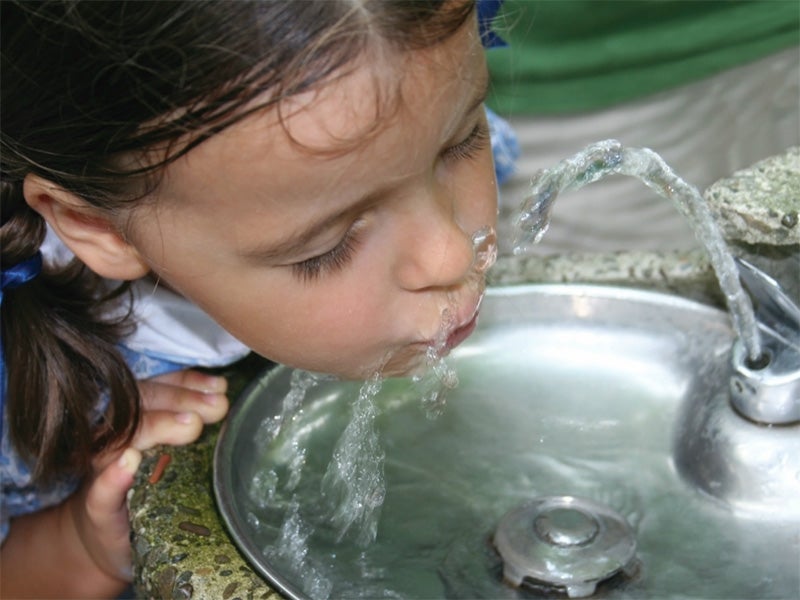Earthjustice Urges U.S. EPA to Reject Florida Rule Allowing More Toxic Chemicals in Public’s Water
State didn’t use proper science or ensure adequate public participation
Contact
On behalf of Miami Waterkeeper and the St Johns Riverkeeper, Earthjustice is asking the U.S. Environmental Protection Agency to reject a Florida Department of Environmental Protection rule that would allow more toxic chemicals in state waters, including the water that residents and visitors drink.
The groups, supported by technical expertise from longtime water expert JoAnne Burkholder, argue that the state failed procedurally and did not use proper science when it proposed more permissive limits for toxic chemicals.
The chemicals that could increase in Florida’s waterways include toxic substances like chloroform, benzene, beryllium, dry cleaning fluids, pesticides, wood preservatives, flame retardants and herbicides, which have serious neurological, endocrine, and cancer-causing effects. The state’s seven-member Environmental Regulation Commission, appointed by the Governor, voted 3–2 for the more permissive standards on July 26, 2016. Two seats on the commission, one that is supposed to represent environmental interests and one representing local government interests, were vacant at the time.
The groups argue that the state’s toxics rule doesn’t meet the legal requirement that Florida waters be clean enough for their designated uses, which include swimming, drinking, fishing, boating, and other forms of recreation.
“It’s clear that Florida’s rule doesn’t meet the requirements of the Clean Water Act, and EPA should reject it,” said Tania Galloni, Managing Attorney for Earthjustice in Florida. “The last thing Florida needs is less protective standards for our water.”
“Florida’s new standards push right to the edge of the maximum risk that EPA allows to protect human health,” said Rachel Silverstein, Ph.D, Executive Director and Waterkeeper of Miami Waterkeeper. “On top of that, that state used statistical tricks to conceal uncertainty in their methodology. This means that the actual exposure for the public will likely be well above EPA’s accepted limits, leaving millions of Floridians at risk to exposure from harmful chemicals.”
“The procedure undertaken by the state of Florida violated state and federal law,” said Lisa Rinaman, the St. Johns Riverkeeper “because it failed to provide an adequate opportunity for public participation and comment. Clean water is critical for Florida’s public health, environment, and water-based economy. Therefore, we ask that the EPA step in and reject this proposed rule and instead support higher limits that protect Floridians and our way of life from these toxic chemicals.”
Read the full comments, along with the technical assessment by aquatic scientist JoAnn M. Burkholder, Ph.D.

Additional Resources
About Earthjustice
Earthjustice is the premier nonprofit environmental law organization. We wield the power of law and the strength of partnership to protect people's health, to preserve magnificent places and wildlife, to advance clean energy, and to combat climate change. We are here because the earth needs a good lawyer.